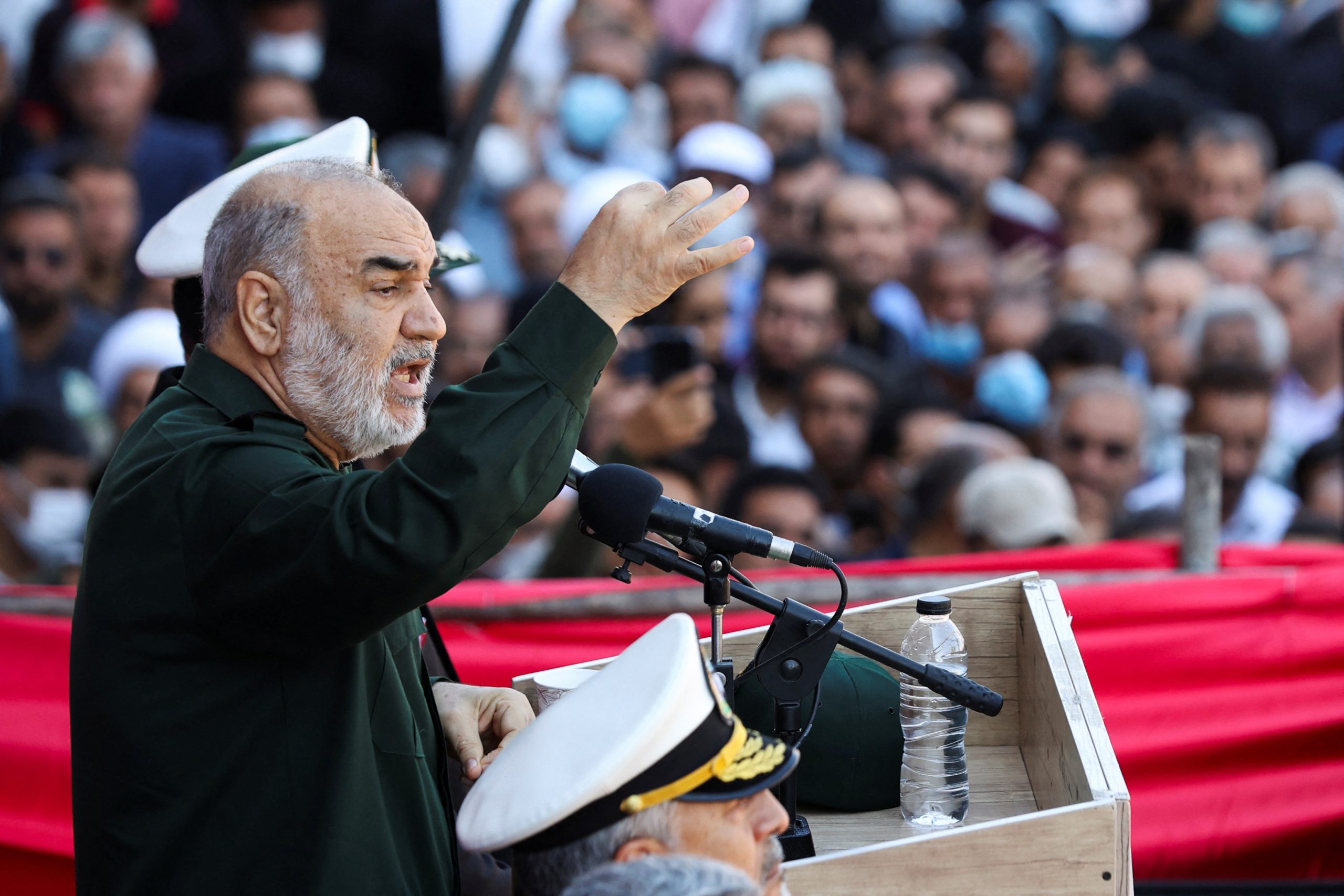
[elfsight_social_share_buttons id=”1″]
The Biden administration is concerned about threats from Iran against Saudi Arabia and will not hesitate to respond if necessary, a White House spokesperson said on Tuesday.
“We are concerned about the threat picture, and we remain in constant contact through military and intelligence channels with the Saudis,” said the spokesperson from the National Security Council. “We will not hesitate to act in the defense of our interests and partners in the region.”
The official spoke after the Wall Street Journal reported that Saudi Arabia has shared intelligence with the United States warning of an imminent attack from Iran on targets in the kingdom.
The Saudi government media office did not immediately respond to Reuters’ request for comment.
The top commander of Iran‘s Revolutionary Guards, Hossein Salami, on Oct. 20 issued what he described as a warning to Saudi leaders not to rely on Israel and mentioned their “glass palaces”.
Riyadh had blessed U.S.-brokered pacts under which two of its Gulf allies forged ties with Israel in 2020 in a move that created a new regional anti-Iran axis, but also launched direct talks with Tehran last year in a bid to contain tensions amid Gulf uncertainty over U.S. commitment to the region.
Saudi Arabia had blamed Iran for a 2019 missile and drone assault on its oil plants, a charge Tehran denies. The leading Sunni Muslim and Shi’ite powers have been locked in rivalry for decades, backing allies fighting proxy wars across the region.
The latest concerns come at a time of strained relations between Riyadh and Washington after the Saudi-led OPEC+ alliance last month decided to cut oil output targets, which raised fears of a gasoline price spike in the United States.
President Joe Biden had said there will be consequences for U.S. ties with Riyadh and several senators urged the White House to freeze all cooperation with Riyadh, including arms sales. Saudi Arabia relies heavily on the United States for its security.
The United States has said Iran has supplied Russia with drones for use in its war against Ukraine, prompting Washington to set aside efforts to resurrect the Iran nuclear deal, which then-President Donald Trump abandoned in 2018.
Copyright 2022 Thomson/Reuters
